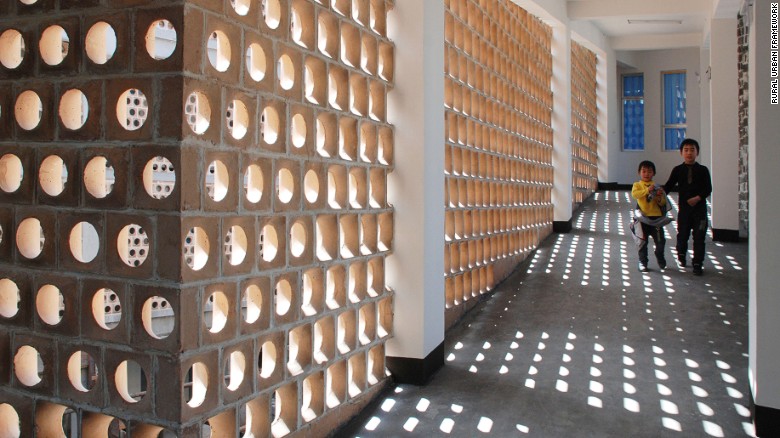Xinhua responds to viral online essay: ‘No fake lives in Beijing’
A summary of the top news in Chinese society and culture for July 27, 2017. Part of the daily The China Project newsletter, a convenient package of China’s business, political, and cultural news delivered to your inbox for free. Subscribe here.

On July 23, Chinese blogger and novelist Zhang Wumao 张五毛 published an essay titled “In Beijing, 20 million people are faking a life” on WeChat (see a translation including the original Chinese). The article went viral, generating more than 5 million views and nearly 20,000 comments overnight. Although the essay has been scrubbed from the Chinese internet, it has triggered a heated debate and sparked a series of countering articles, including some by state media such as the People’s Daily and Xinhua.
Zhang’s essay is caustically funny. He writes about the alienation of people living in a Beijing that is too big, too polluted and congested, and too expensive. At least for migrants: Zhang writes about rich old Beijingers who have “five apartments under their butts,” while the people from the provinces who do most of the work in the city struggle to afford even a tiny house in the outer suburbs. He also writes about the ongoing teardown of small shops and restaurants — mostly owned by non-locals — and how the years of destruction mean that even old Beijingers don’t really have a home to go back to. The essay ends:
Those who have achieved their dreams of success are now escaping. They’re off to Australia, New Zealand, Canada, or the West Coast of the United States. Those whose dreams have been dashed are also escaping. They are returning to Hebei, the Northeast, to their hometowns.
There are over 20 million people left in this city, pretending to live. In reality, there simply is no life in this city. Here, all we have is the dreams of a minority, and the work of the masses.
Online, the essay was praised by some for its authenticity and insightfulness, while others criticized it for making a fuss out of nothing. A variety of commentaries emerged on Chinese social media, including the most popular one (in Chinese), “You owe every Beijing child five houses,” a direct rebuttal to Zhang’s claim about the housing wealth of Beijingers.
Xinhua published its own response — a commentary (in Chinese) called “Lives in a city cannot be faked,” which states, “Every city is made up of locals and immigrants,” adding, “Beijing, in fact, is every Beijinger’s home. Meanwhile, it is the capital of the whole nation.” The People’s Daily also published an article (in Chinese), blaming Zhang for “inciting sentiments” on purpose, to which one internet user replied (in Chinese), “Apparently, sentiments are not allowed in Beijing.”
—Jiayun Feng
- LGBT
Transgender man wins China’s first job bias lawsuit / Bloomberg - Feminism
Why is Beijing afraid of Chinese feminists? / Washington Post - Pandas
Giant pandas bite back at manhandling keepers in China / SCMP - Marketing
China’s underground anime fan culture is changing how brands market in China / TechNode - Disabilities
‘Fairy tale’s’ end: Life beyond the Kingdom of the Little People / CNN - Crime
Office worker kills three in central China knife rampage / Bloomberg
Ex-wife accused of wrecking US$1 million violin collection / SCMP






